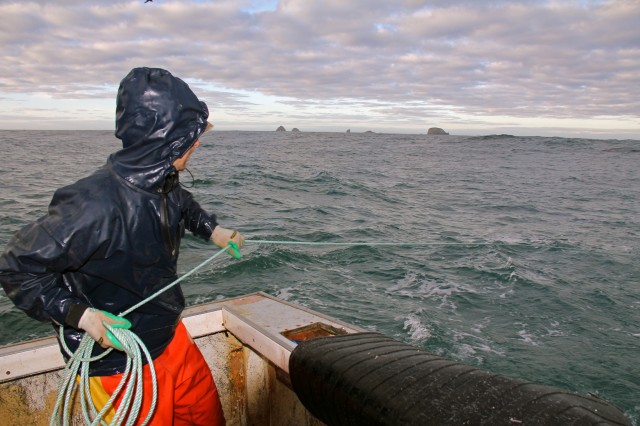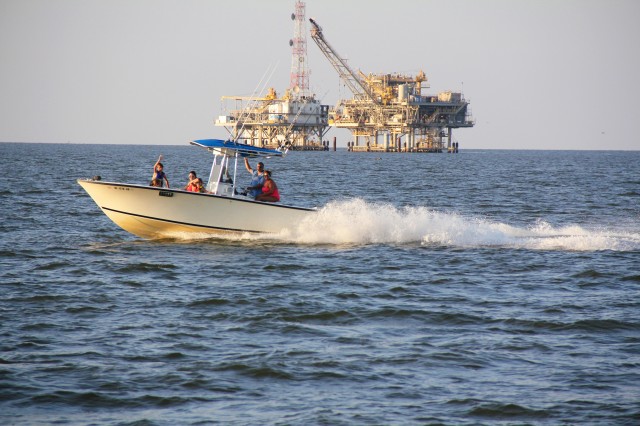Our nation has long relied on the abundance of resources, economic value and natural beauty of our ocean and coasts. In 2007, shore-adjacent communities were home to 108.3 million people, 48.6 million jobs and contributed $5.7 trillion to the U.S. economy.[1]

As populations rise and demands of our oceans and coasts increase, more holistic and streamlined management of our ocean and coastal resources are imperative.
Currently, waterways are managed by more than 20 federal agencies and are subject to more than 140 different laws and regulations. In addition, there are local and state governments regulations—making the availability of information and decision-making processes in regard to ocean and coastal issues inefficient and ineffective.
In 2010, the Obama Administration released the first ever National Ocean Policy to protect, maintain and restore our nation’s oceans, coasts and Great Lakes. The policy creates a framework under which all ocean resource management will take place to reduce duplicating efforts or working at cross-purposes, ultimately saving tax payer dollars and increasing transparency.
Last week, the administration released a draft implementation plan—a giant step forward in advancing the National Ocean Policy. The Draft Implementation Plan reflects over two years worth of hard work, investment and commitment made by state governments, commercial and industrial ocean users, universities and scientists, 25 federal agencies and departments and tens of thousands of citizens across the country to move our oceans toward better ocean management.

This plan provides all ocean users a great opportunity to have their voices heard and to ensure that implementation of the National Ocean Policy encompasses the views and ideas of fishermen, scientists, shipping companies and port managers, energy developers, conservationists and those that live, work and play in coastal communities.
The administration is accepting public comment on the plans until February 27th. Please, make your voice heard and click here to view and comment on the National Ocean Policy Draft Implementation Plan.
[1] National Ocean Economics Program. (2009). State of the Ocean and Coastal Economies, p.6, http://www.oceaneconomics.org/NationalReport/.